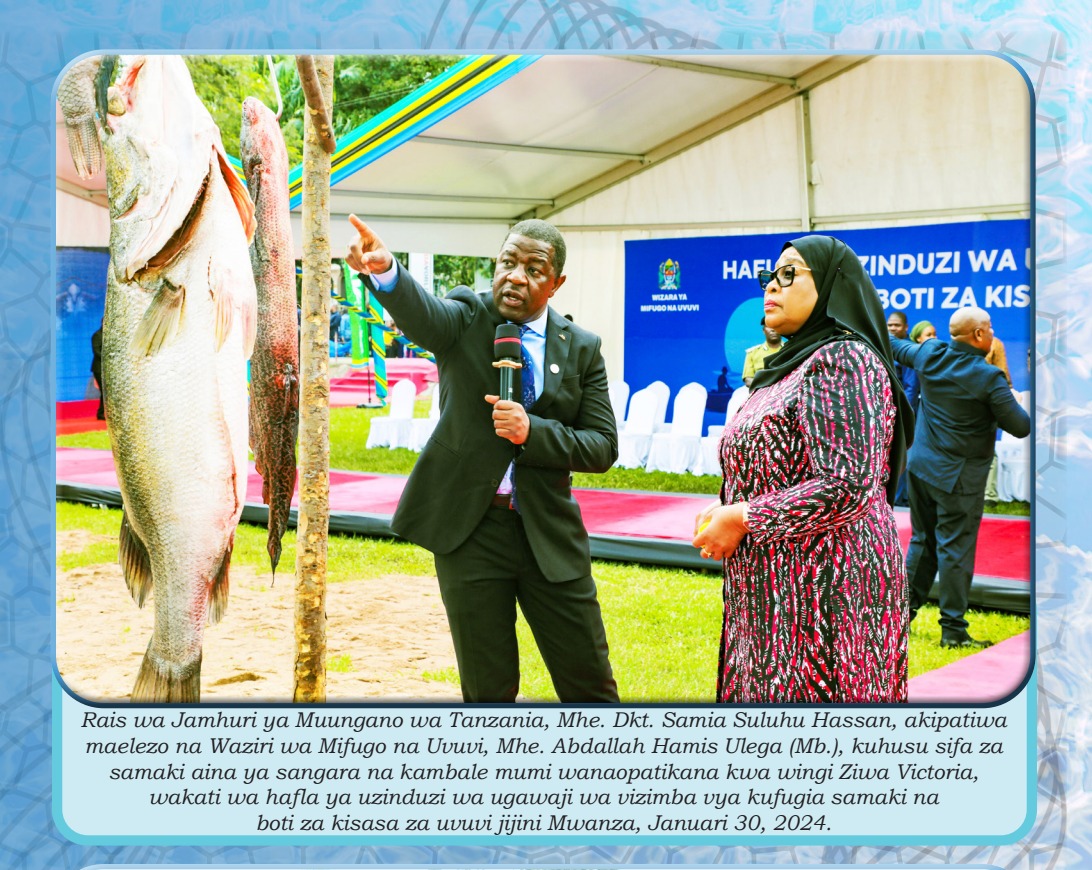In 2024/5 budget speech delivered by Hon. Abdallah Hamis Ulega (MP), Minister of Livestock and Fisheries,, the government’s commitment to promoting community-based livestock management was highlighted. Community-based livestock management involves the collective management of livestock resources by community members, promoting sustainable practices, and enhancing the livelihoods of farmers. The budget outlines several initiatives aimed at empowering farmers through collaborative practices.
One of the major initiatives highlighted in the budget is the establishment of community grazing schemes. These schemes involve the collective management of communal pastures by community members. The government is providing support for the establishment and maintenance of these schemes, including the provision of necessary tools and equipment for pasture management. By promoting community grazing schemes, the government aims to improve the management of grazing lands, prevent overgrazing, and enhance the productivity of communal pastures. This collective approach ensures that all community members have access to adequate and nutritious forage for their livestock.
The budget also emphasizes the importance of training and capacity building for community members involved in livestock management. The government has initiated various training programs to equip community members with the knowledge and skills needed to manage livestock resources effectively. These training programs cover topics such as pasture management, animal husbandry, disease prevention, and financial management. By enhancing the capacity of community members, the government aims to ensure the successful implementation of community-based livestock management practices.
The budget speech by Hon. Abdallah Hamis Ulega (MP) also highlighted the importance of empowering community animal health workers. These workers play a crucial role in providing basic veterinary services and health care to livestock in their communities. The government is providing training and support to community animal health workers, equipping them with the necessary knowledge and tools to diagnose and treat common livestock diseases. By empowering community animal health workers, the government aims to improve livestock health and reduce the incidence of disease outbreaks in rural areas.
The establishment of local livestock associations is another significant step mentioned in the budget. These associations provide a platform for community members to collaborate and support each other in livestock management. The government is encouraging the formation of local livestock associations and providing them with the necessary support to function effectively. These associations facilitate the sharing of knowledge and resources, collective marketing of livestock products, and advocacy for the interests of livestock farmers. By promoting local livestock associations, the government aims to strengthen the collective bargaining power of farmers and enhance their access to markets and services.
The budget also emphasizes the importance of involving women and youth in community-based livestock management. Women and youth play a crucial role in livestock farming and are often the primary caregivers of livestock in rural households. The government is implementing initiatives to ensure that women and youth have equal opportunities to participate in community-based livestock management. This includes providing targeted training programs, financial support, and access to resources. By involving women and youth, the government aims to promote inclusive growth and ensure that all segments of society benefit from the economic opportunities in the livestock sector.
Public awareness and education are vital for the success of community-based livestock management initiatives. The budget includes initiatives to raise awareness about the benefits of collaborative practices and to educate community members on how to effectively manage livestock resources. This involves the dissemination of information through various channels, including workshops, seminars, and media campaigns. By increasing awareness and knowledge, the government aims to encourage more communities to adopt collaborative practices and improve their livestock management.
The government’s efforts to promote community-based livestock management are expected to have significant social and economic benefits. Collaborative practices enhance the efficiency and sustainability of livestock farming, leading to higher productivity and profitability. They also strengthen social cohesion and build the resilience of rural communities to economic and environmental challenges. By investing in community-based livestock management, the government aims to create a sustainable and prosperous agricultural economy.
In conclusion, the initiatives to promote community-based livestock management outlined in the budget speech by Hon. Abdallah Hamis Ulega (MP) reflect the government’s commitment to empowering Tanzanian farmers through collaborative practices. Through the establishment of community grazing schemes, training and capacity building, empowerment of community animal health workers, formation of local livestock associations, involvement of women and youth, and public awareness initiatives, the government is taking comprehensive steps to enhance community-based livestock management. These initiatives are expected to have a significant positive impact on the livelihoods of farmers and contribute to the overall social and economic development of Tanzania.
